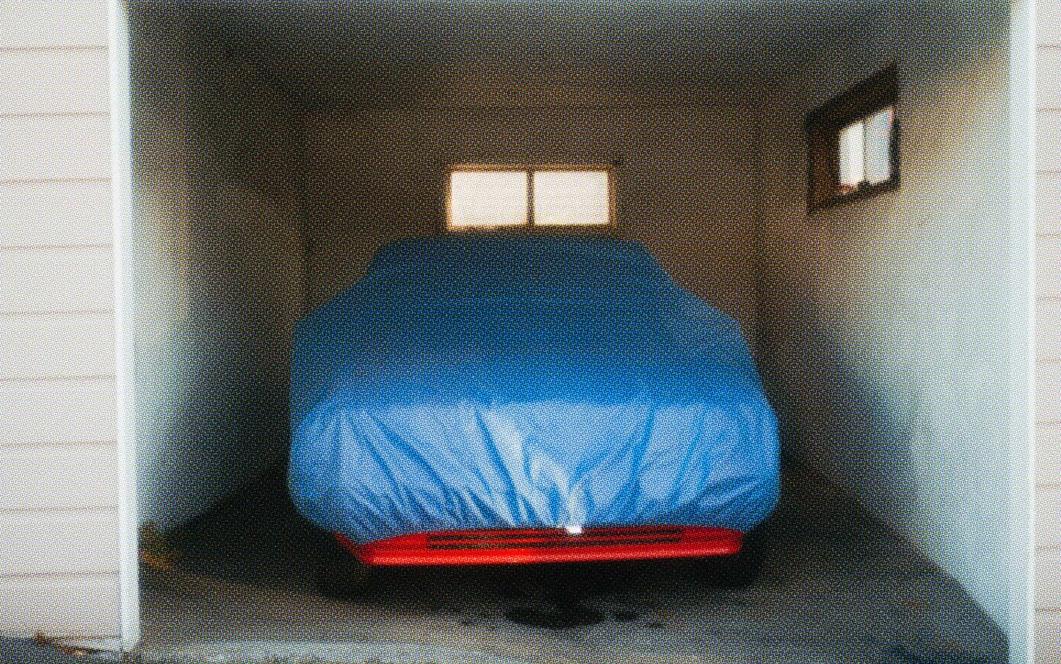4 min read
Thinking about buying a new car? Whether it’s new or used, there’s a ton of things to consider. Make, model, mileage, paint job, novelty license plate…those are the fun bits, right? The one thing no one wants to think about is their credit rating.
Maybe you’re planning to buy a car with cash (if so, we salute you!), otherwise the chances are you’ll be using some form of loan or financing to pay for the vehicle. Buying a new car is a pretty big financial commitment, which means your credit score could make a big difference to the overall price you pay. And sometimes a car can seem like a good deal, but when you look at the financing details you are actually paying way more than you started.
But why is that? And how does this all get figured out? Let’s take a moment to make sense of the system.
how does car financing work?
When you finance a car, you’re taking out a loan and paying it back in installments. It means you won’t need to scrimp and save to get a new car, instead you pay it over a period of time with monthly payments.
But how much money you can borrow, and the terms of the deal, really depends on your credit score. Usually the lender won’t be the dealership itself, but a bank or credit union. Just like with mortgages, the better your credit score, the more risk a lender is willing to take.

what difference can a credit score make?
Lenders will look at your credit score to figure out how much money they are willing to lend you, how long you have to pay it back, and the interest you’ll have to pay each month.
In technical terms, this is referred to as the principal, the term, and the rate.
The better your credit score, the better deal you’ll get across the board—but other factors can come into play. Interest rates are usually higher when financing a used car.
what kind of car finance deals can I get with my credit score?
If you’re lucky enough to have a slick credit score—we’re talking 700 and above— then you can expect to get access to large loans, longer payback times and interest below 4% (maybe even 0%).
Customers with mid-range credit scores, of around 500, can expect to pay high interest on the loan. It could be around 16% on a used car and 6% on a new one.
Credit scores below 500 could pay even higher interest rates—up to 19% on a used car—and that’s if you’re even given the loan at all.
making the decision
If you are thinking about going in on a deal, but your credit is bad, you should consider buying an older (or less expensive) vehicle. Think about it—each month you’ll be paying a little bit extra on the value of the car. High interest rates could mean spending way more than the car is worth by the time you’ve cleared the loan.
Buying a new (or used) car is a big decision and you have to take a good look at your finances before making the leap.
Doing the math on a new purchase can be complicated, but one thing that is always simple is selling your old car to Peddle. If you want to sell your old car and get some quick cash towards an upgrade—hit us up.
You’ll just need to enter a few simple details about the car and we’ll give you a cash offer in minutes.
(We promise we won’t ask about your credit score.)
Over 146k five-star reviews




























Frequently Asked
TOP NOTCH CUSTOMER SERVICE
HOW CAN WE HELP?
Smooth operators are standing by with answers so you can sell your car without a hiccup.






